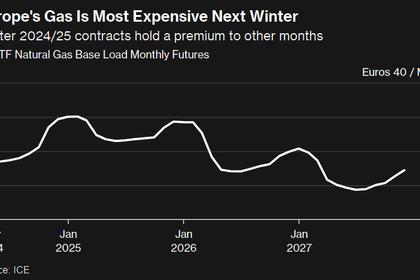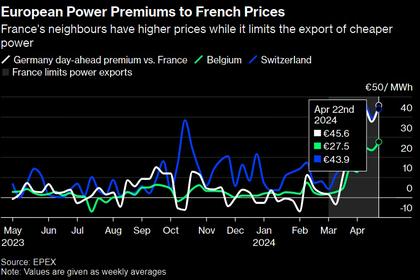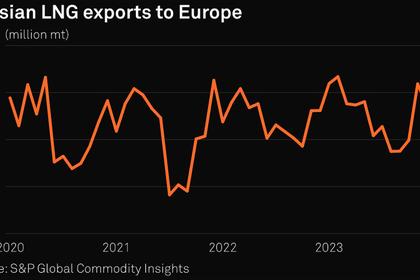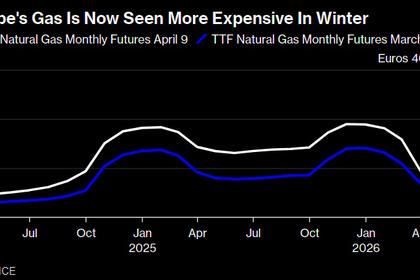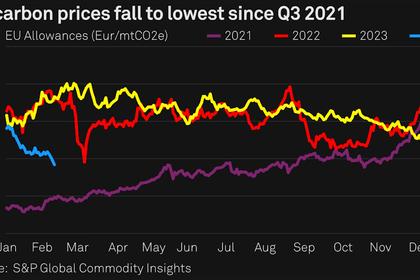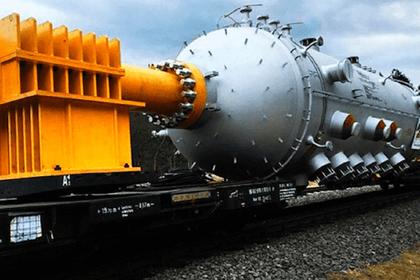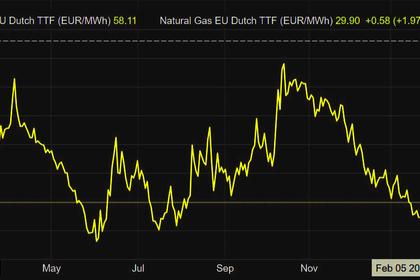
EUROPEAN ENERGY MISTAKES
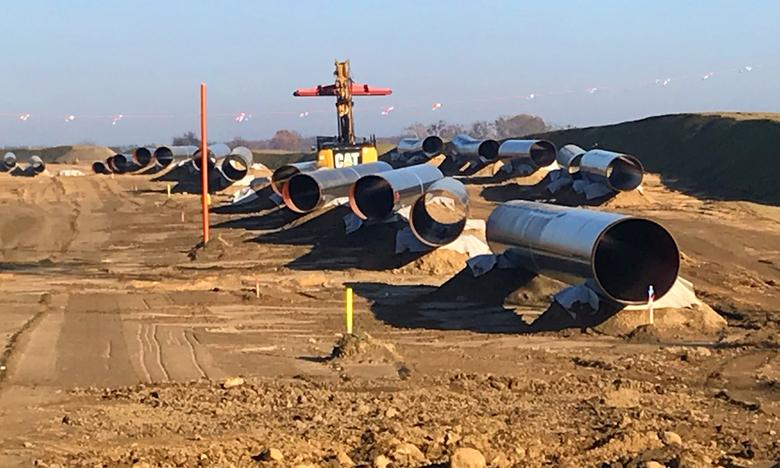
FT - Apr 14, 2024 - The International Energy Agency chief has criticised Europe for falling behind China and the US after making “two historic monumental mistakes” in energy policy, by relying on Russian gas and turning away from nuclear power.
Fatih Birol, the agency’s executive director, told the Financial Times that European industry was now paying the price for these errors and that the bloc would need “a new industrial master plan” in order to recover.
The Paris-based Birol’s intervention comes as the EU leaders prepare to debate the bloc’s economic competitiveness this week.
It trails China and the US in areas such as manufacturing of clean technologies thanks to a mix of burdensome regulations and higher energy prices. Electricity prices in the EU are typically twice to three times higher than in the US.
“The existing industries, especially the heavy industries, are experiencing, and going to experience, a significant cost disadvantage compared to other major economies such as China and the United States,” Birol said.
Data from the energy watchdog shows the EU has made a successful shift away from Russian gas following the invasion of Ukraine. In 2023, the EU produced more electricity from wind power than gas for the first time.
Gas from Russia previously accounted for more than 40 per cent of the bloc’s supplies, but dropped to 15 per cent in 2023 despite an uptick in imports of liquefied natural gas imported from Russia by ship.
Supplies from Norway and the US have been instrumental in allowing the EU to avoid blackouts — accounting for 30 per cent and 19 per cent of total imports respectively — but the rapid rollout of renewable power has also helped.
The debate over nuclear power has been more polarising, however.
Countries such as France, Hungary and Czech Republic are pro-nuclear but other EU member states such as Germany, Austria and Luxembourg are strongly opposed, arguing that nuclear projects are often subject to delays and cost blowouts, and will drain money better spent on renewable power.
Amund Vik, former Norwegian state secretary for energy and a senior adviser at the consultancy Eurasia Group, said it was “more difficult to do the energy transition without nuclear” as a consistent baseload of power was needed to underpin inconsistent wind and solar power generation.
“Some of the nuclear discussion is really healthy and some countries need nuclear,” said Vik. “But some of the discussion where it’s like ‘we shouldn’t invest in wind turbines we should invest new nuclear’ isn’t helping anyone.”
In 2019, the EU set out among the most ambitious climate goals in the world with a commitment to cut emissions by 55 per cent compared with 1990 levels by 2030 and reach net zero by 2050.
It has since adopted the majority of legislation to transform its economy to meet that goal but politicians fear a backlash when laws such as a ban on new internal combustion engines or more stringent energy efficiency rules start to affect voters ahead of upcoming EU-wide elections.
Green policies are also falling down the list of government priorities as security fears related to migration and the war in Ukraine preoccupy leaders.
Dan Jørgensen, the Danish climate and development minister, said that to maintain citizens’ support for the Green Deal, the EU needed to “do our homework” and ensure that climate policy was integrated.
This had to be done in a way that “does not hurt our competitiveness, does not hurt our employment, does not lead to more inequality but actually does the opposite . . . it’s extremely timely that we have a discussion about what this looks like.”
-----
Earlier:
